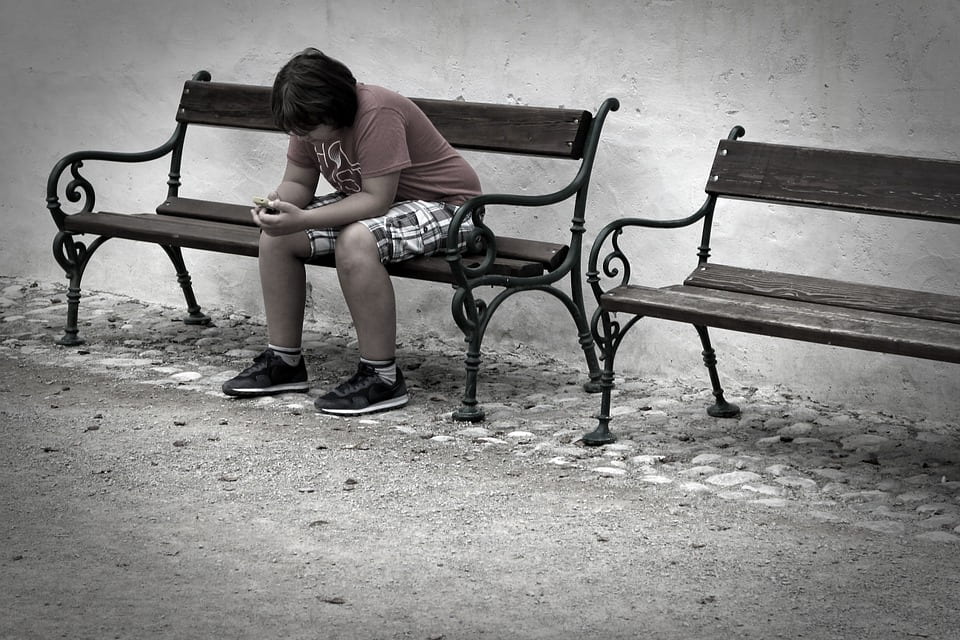by Marie Miguel

There are many types of disabilities. There is no one way to be disabled. One thing is for sure, living with a disability can be challenging. The navigation of places that are not disability-friendly remains overlooked. Having a physical disability means there is a need to make sure areas and spaces are accessible, and if you have an invisible disability, like severe anxiety, there is a need to ensure that you are mentally and physically prepared against possible triggering. However, there are no guarantees.
Misunderstanding and disabilities
Having a disability isn’t easy in this world. You want others to understand you, but it’s exhausting to try to keep re-explaining your experience. Some days you want to live a regular life, and not think about how you are different from others. If you are living with a mental illness, you are often misunderstood. People do not understand what it is like to live with severe anxiety, mania, crippling depression, or PTSD. Having to fight a constant battle with your mind is extremely difficult to explain to someone who does not know or care what it is like. For example, the thought of leaving the house is terrifying for someone with agoraphobia or similar phobias, while many others have no thoughts about it.
The world is not accessible as it should be; in fact, it is quite the opposite. It is difficult to mask or pretend to be “normal.” According to NAMI, one in five people have a mental illness. Mental illnesses are considered disabilities. If your mental illness is severe enough to impact your functioning, you might isolate and fear to be around others because you’re stigmatized. It is not healthy for the human experience, as social isolation may cause loneliness, depression, physical health complications, and may lead to taking one’s life.
As a society, what can we do?
We must work to understand those living with mental illness as well as other disabilities. There is a lack of understanding of differences when it comes to our society. We expect people to be cookie cutters and the standard of “normal” does not accurately reflect our world in terms of the human experience. The human condition is that we are all unique. The ADA limited in its protections against discrimination due to the stigma surrounding the identification of disability. The “yes, I have a disability” box on applications is supposed to allow for accommodations. Yet, the fear of stigma often paralyzes many people from checking it; checking the box places you in a proverbial box. The impact of being “boxed” because of a disability can have a severe impact on a person’s state of mind and overall wellbeing. Additionally, the failure to comprehend and/or empathize with persons with disabilities can come off as judgemental and further exasperate the issues.
Preventing social isolation
It is tempting to want to isolate when you cannot seem to find a sense of community or belonging, but we, as a society, can prevent this from happening. Studies show that isolation is as harmful to our health as smoking fifteen cigarettes per day. It is important to remember that an answer is available. One of the things that we can do in addition to raising awareness for disabilities and the experiences of people living with disabilities is to pursue mental health treatment. If you have a disability, no matter what it is, talking about how society impacts you is empowering. Whether you work with a counselor in your local area or try online therapy, you deserve to be heard. Speak out and up, advocate for yourself and others with disabilities, and take care of your mental health because you deserve it.
Marie Miguel has been a writing and research expert for nearly a decade, covering a variety of health-related topics. Currently, she is contributing to the expansion and growth of a free online mental health resource with BetterHelp.com. With an interest and dedication to addressing stigmas associated with mental health, she continues to specifically target subjects related to anxiety and depression.
